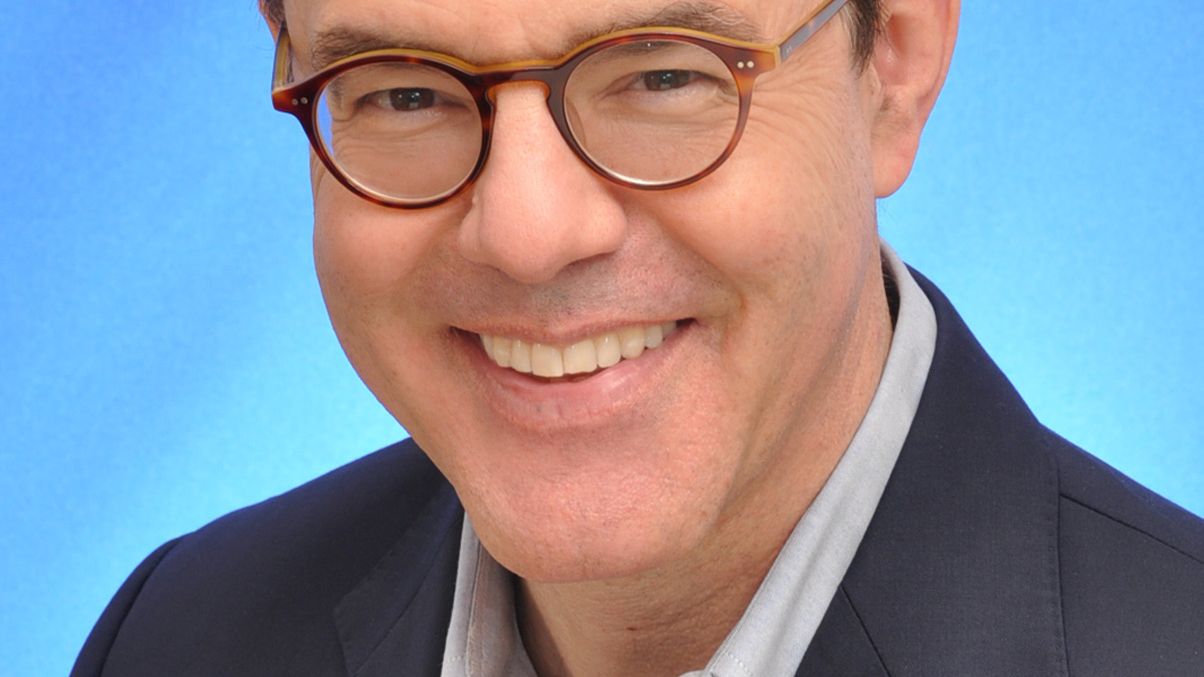Dragon sees delay for Indochina fund, eyes Europe
It is taking longer than planned for Vietnam's Dragon Capital to hit $50 million for its new private equity fund. Meanwhile, it is eyeing microfinance and plans to use Ucits to sell into Europe.

Vietnam's Dragon Capital had planned to first-close its new private-equity fund focused on Indochina early this year, but now expects to hit the initial target of $50 million by the end of 2012, and $250 million next year.
Sign in to read on!
Registered users get 2 free articles in 30 days.
Subscribers have full unlimited access to AsianInvestor
Not signed up? New users get 2 free articles per month, plus a 7-day unlimited free trial.
¬ Haymarket Media Limited. All rights reserved.


